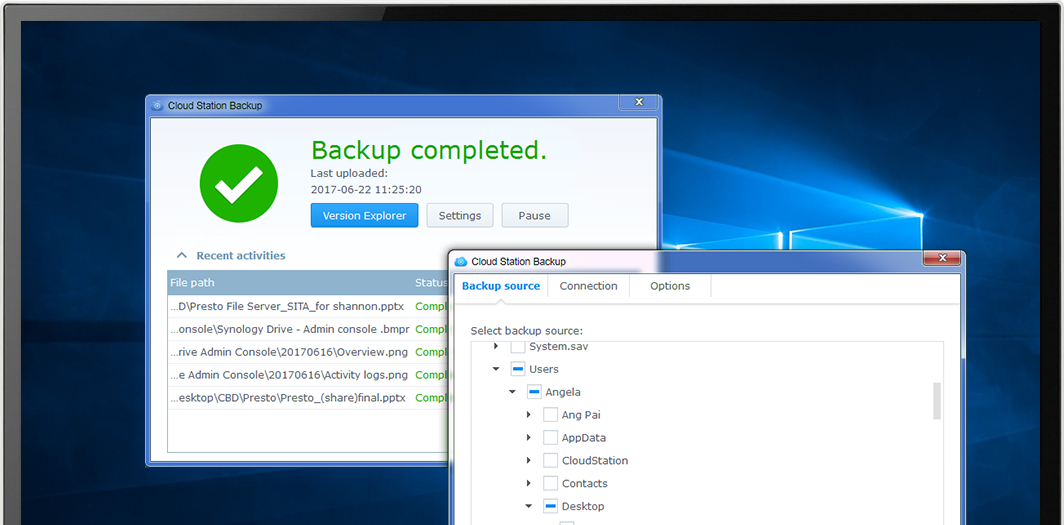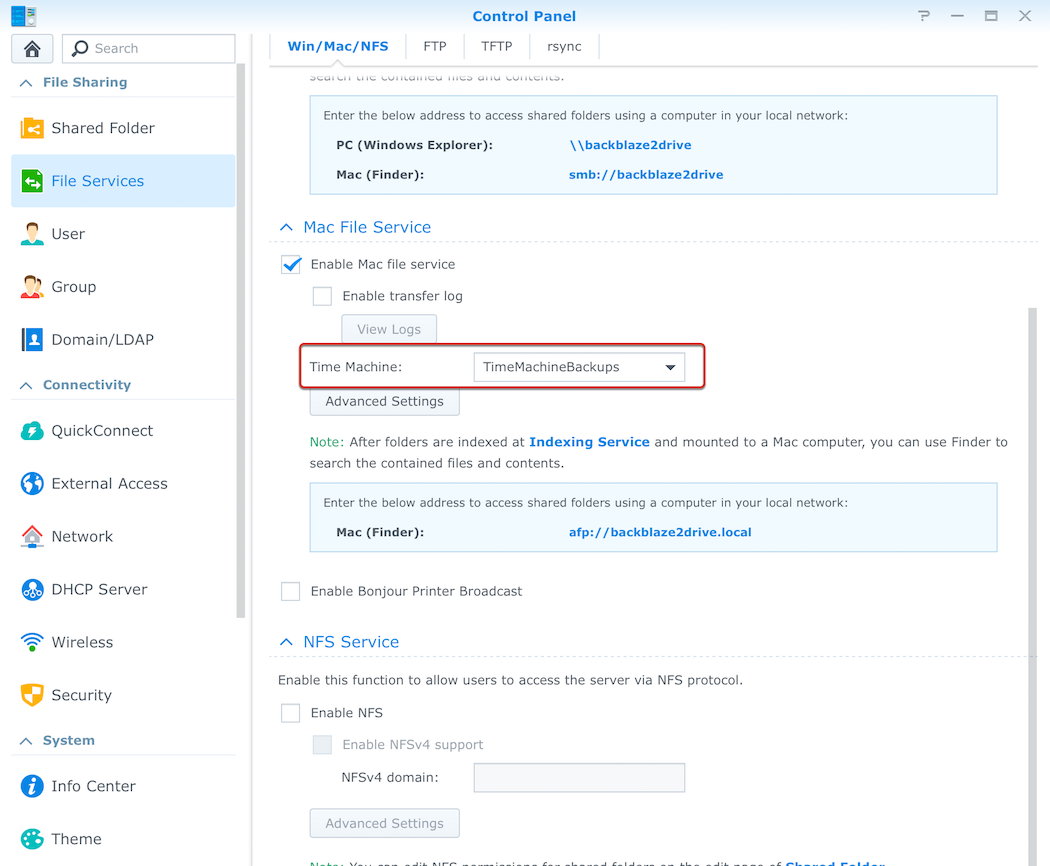
B2's pricing is competitive: storage is charged at US$0.005 / GB / month, downloads are US$0.01 / GB with the first GB of the day free and uploads are free. I chose B2 for its simplicity, its track record (They're storing over an Exabyte of data) and affordability. You can technically use any cloud storage service for this.

B2 offers an API which is supported by many backup tools. I got a Synology DS918+ for this purpose because it supports RAID and uses the BTRFS filesystem which protects against bit rot.īackblaze B2 for cloud storage 1. I used the following for automated backups:Ī NAS that acts as a backup server running on the local network. This allows restoration of individual files to undo mistakes or entire folders to recover from ransomware. However, it doesn't do anything to prevent bit rot, file corruption, accidental deletions, ransomware or a power surge frying the RAID array.īackups store multiple versions of files so you can go back in time.

RAID protects against hard drive failure. Although some cloud synchronization services have some form of versioning, retention of old versions is usually limited to a short period like 30 days. However, this also means that any accidental deletions or files being overridden by ransomware gets propagated to all your other devices. They are designed for keeping files on multiple devices synced. Services like Dropbox and Google Drive market themselves as a backup solution. This also has the nice side effect of efficient incremental backups because only the parts of the file that changed need to be stored.īackups are often used interchangeably with cloud synchronization services. This is done by breaking up data into smaller blocks so that if two files are mostly similar, only blocks that represent the differences between both files need to be stored.




 0 kommentar(er)
0 kommentar(er)
